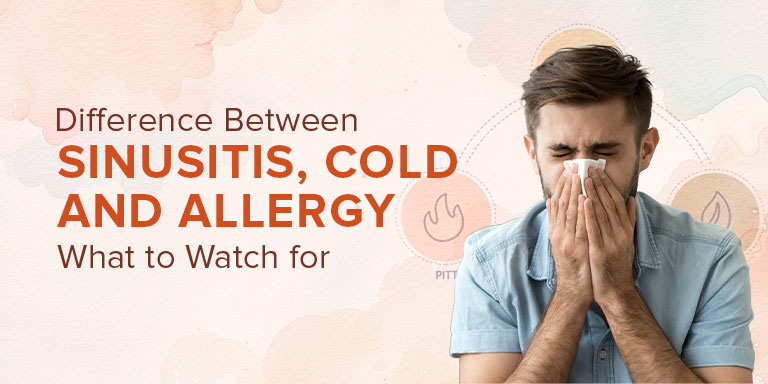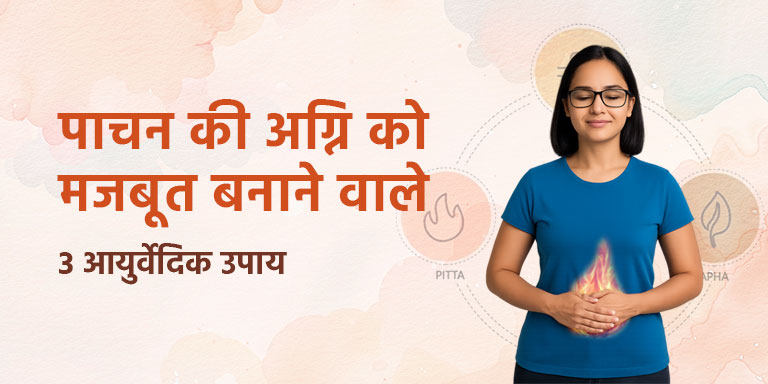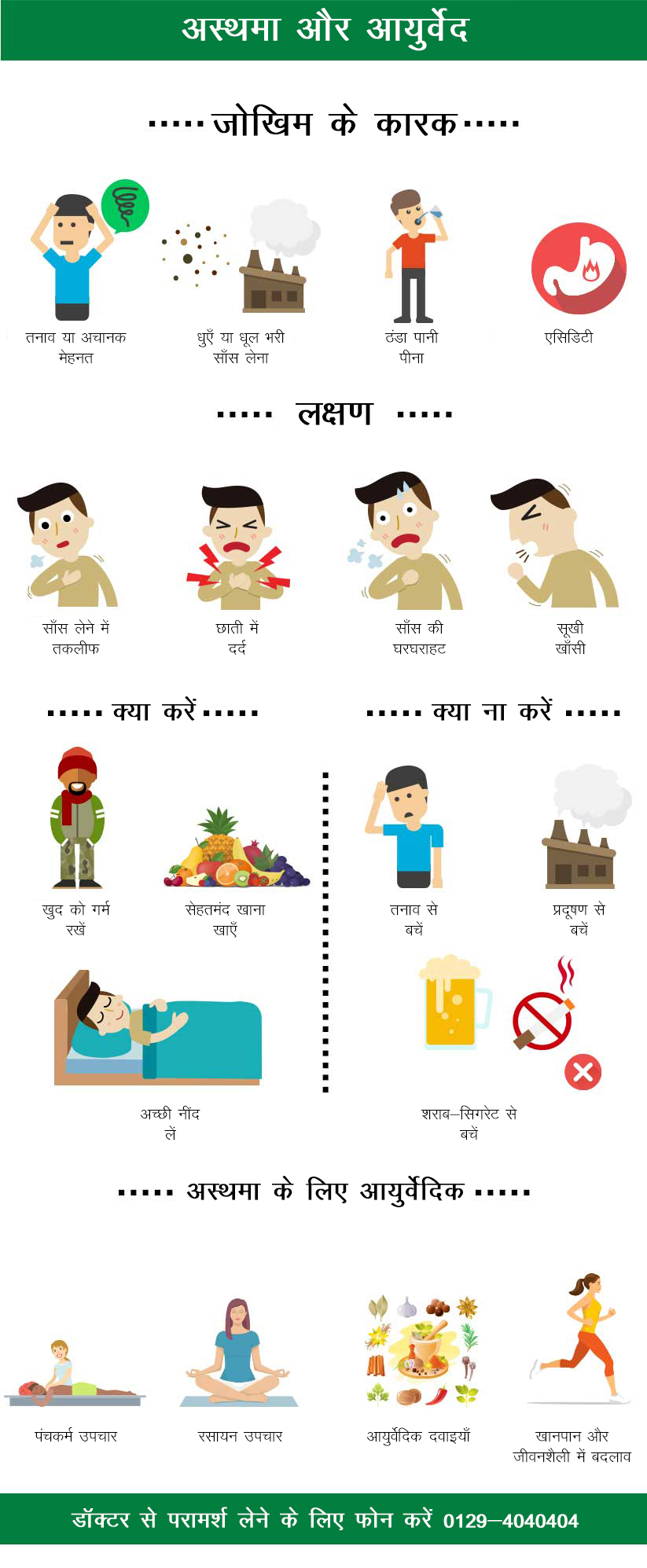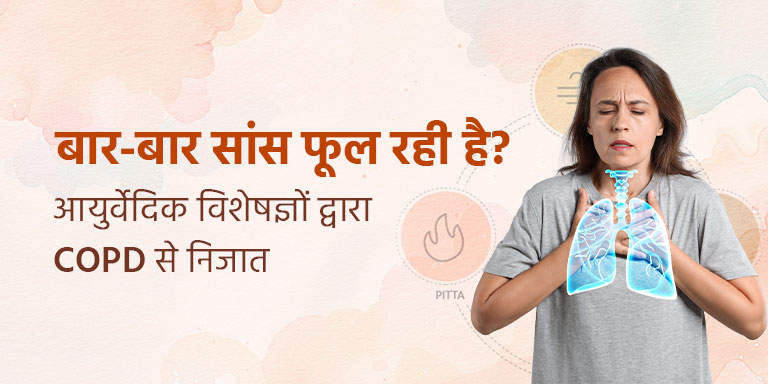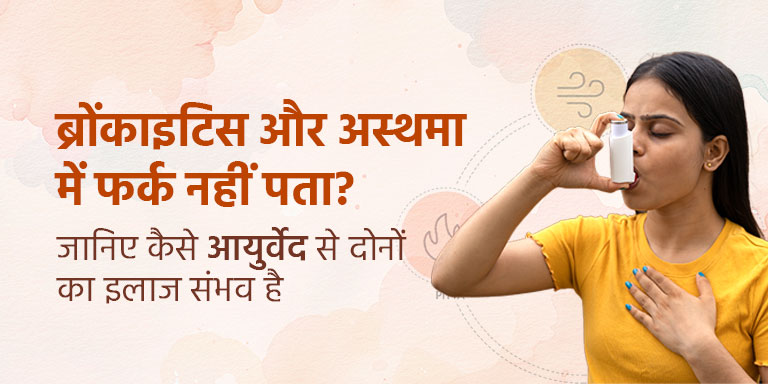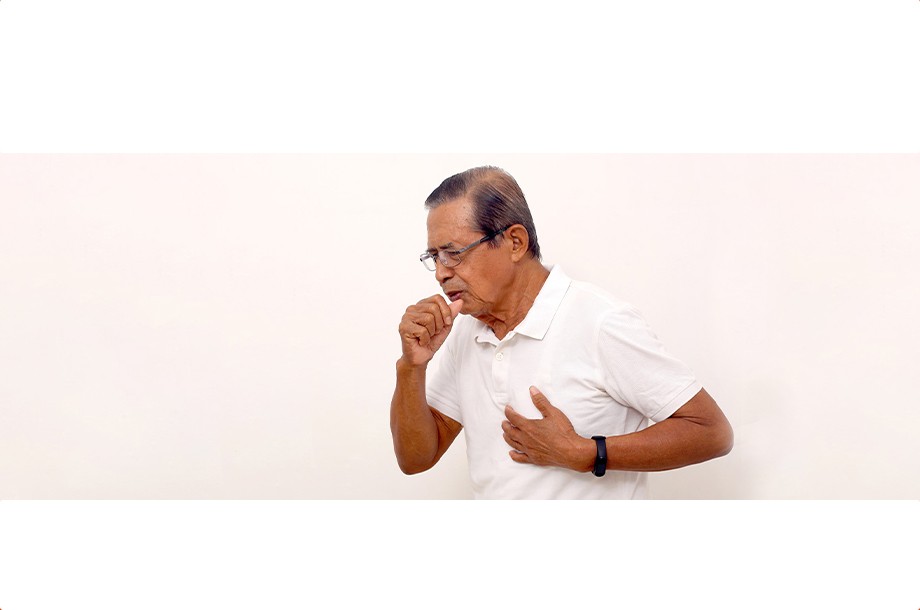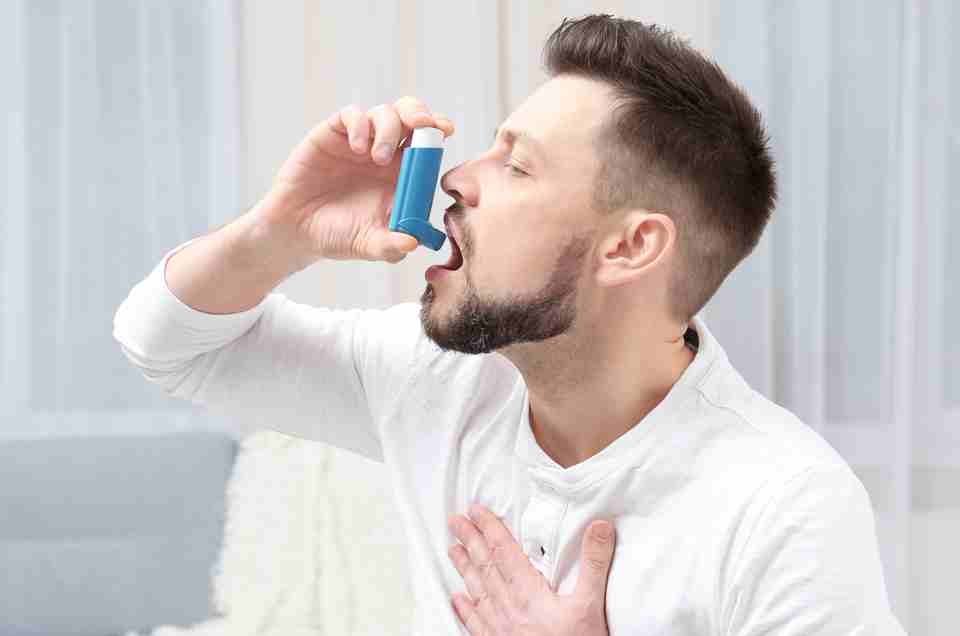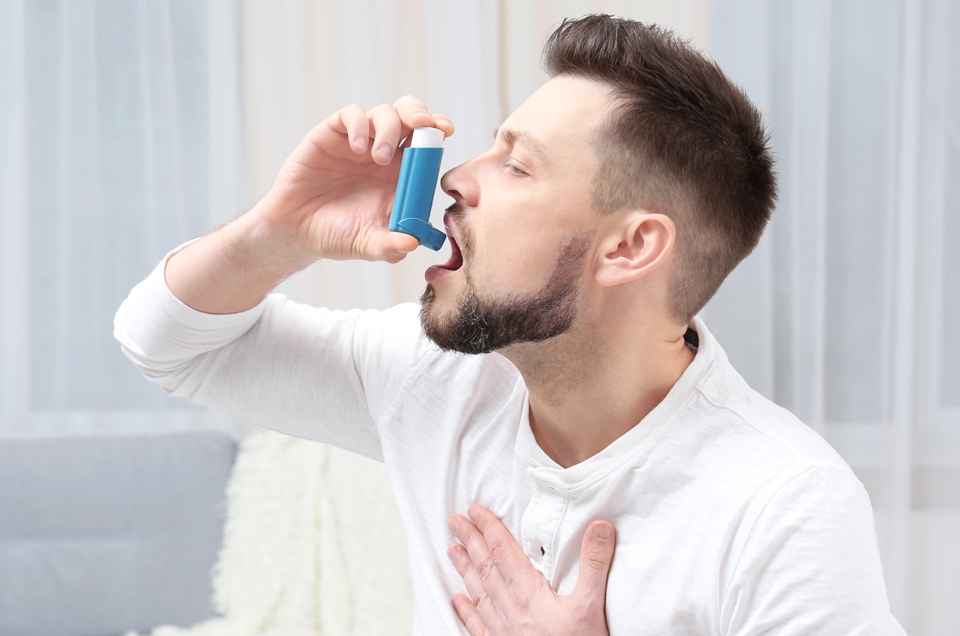What is the Root Cause of Asthma?
From India's ancient perspective, Ayurveda delves into the root causes of asthma. According to Ayurvedic text, asthma is often linked to an imbalance in the Vata dosha, aggravated by environmental factors, improper diet, and stress. It emphasizes the importance of identifying and eliminating toxins (ama) from the body through practices like Panchakarma. The use of Ayurvedic herbs like Vasaka, Haridra, and Yashtimadhu help pacify aggravated doshas and support lung health, providing a holistic approach to asthma management.
Hereditary Aspect of Asthma: Is It Inevitable?
While genetics play a role in asthma susceptibility, Ayurveda takes a broader view. It highlights that an individual's lifestyle, diet, and environmental factors significantly contribute to the manifestation of asthma symptoms. By adopting a balanced lifestyle and following Ayurvedic principles, one can mitigate the impact of genetic predisposition.
Home Ayurvedic Remedies for Relief:
- Steam Inhalation (Swedana): Inhaling steam infused with eucalyptus or mint oil helps clear congested airways and provides immediate relief.
- Turmeric Milk (Golden Milk): Turmeric's anti-inflammatory properties help in reducing asthma symptoms. Mixing turmeric with warm milk is a soothing remedy.
- Ginger and Honey: A mixture of ginger juice and honey helps in alleviating congestion and enhancing breathing.
- Trikatu Churna: This blend of black pepper, long pepper, and ginger supports digestion, reduces mucus, and opens up the respiratory passages.
Most Ayurvedic home remedies use readily available ingredients, making them cost-effective. These home remedies also avoid the use of harsh chemicals, reducing the risk of adverse reactions and these can be prepared and used at home, putting you in control of your healing journey.
Managing Worsening Asthma with Ayurvedic Wisdom
Asthma can sometimes take an unpredictable turn, causing discomfort and distress. In such moments, Ayurveda provides valuable insights and remedies to help you navigate through worsening symptoms and regain control over your breathing. Allergic rhinitis treatment in ayurveda takes holistic approach; Here are steps to take when your asthma or allergic rhinitis condition worsens:
- Stay Calm and Relax:
During an asthma exacerbation, stress can worsen symptoms. Focus on calming your mind through deep breathing, meditation, and relaxation techniques. This will also help prevent further tightening of the airways due to anxiety.
- Seek Professional Guidance:
If your symptoms worsen significantly, don't hesitate to consult with a qualified Ayurvedic practitioner or healthcare provider. You can also connect on Jiva Ayurveda’s sehat ka number at +91 7042404040. Expert doctors can provide personalized guidance based on your condition and suggest appropriate remedies.
- Adjust Your Diet according to Ayurveda:
Follow the principles of Ayurvedic nutrition. Opt for warm, easily digestible foods. Avoid heavy, cold, or oily foods that could increase mucus and aggravate your symptoms. Incorporate anti-inflammatory spices like turmeric, ginger, and black pepper.
- Nasal Cleansing (Nasya):
Administering medicated oils in the nostrils helps in clearing congestion and supporting respiratory health. This practice can be particularly helpful during exacerbations.
- Panchakarma:
Panchakarma therapy's impact on asthma transcends symptom management – it embodies the essence of Ayurveda's holistic approach. By restoring equilibrium to the body, mind, and spirit, Panchakarma fosters lasting wellness.
Remember, Ayurveda focuses on holistic well-being. It's important to address not only the physical symptoms but also the mental and emotional aspects of your condition. By integrating Ayurvedic principles and remedies into your routine, you can effectively manage worsening asthma and move closer to long-term respiratory wellness. Always prioritize your health and seek professional guidance when needed.
Panchakarma Therapy's Transformative Impact on Asthma
Deep Detoxification (Vamana and Virechana): These therapies involve controlled vomiting and purgation, respectively. By eliminating accumulated toxins, these processes help reduce inflammation, a common trigger for asthma symptoms.
Nasal Cleansing (Nasya): Nasya involves administering medicated oils or herbal concoctions through the nasal passages. This practice clears congestion and improves respiratory functions, providing relief from asthma-related breathing difficulties.
Therapeutic Enemas (Basti): Basti, a vital part of Panchakarma, involves administering herbal enemas. It helps balance the Vata dosha, which, when aggravated, can contribute to bronchial constriction and breathing issues.
Oil Massage (Abhyanga): Abhyanga therapy involves gentle yet profound oil massage. This not only relaxes the body but also helps improve blood circulation and strengthen the respiratory system.
Mind-Body Rejuvenation (Sirodhara and Shirobasti): Stress is a known trigger for asthma. These therapies, involving continuous oil flow on the forehead and head, induce deep relaxation, helping manage stress and its impact on asthma.
Why Choose Ayurveda Treatment for Asthma?
- Personalized Approach: Ayurveda recognizes each individual's uniqueness and tailors treatments accordingly, focusing on overall health improvement.
- Natural Healing: Ayurvedic treatments primarily rely on natural remedies, herbs, and lifestyle modifications, minimizing the risk of side effects.
- Holistic Wellness: Ayurveda aims to balance the body, mind, and spirit, promoting not just physical but mental well-being as well.
- Long-Term Relief: Ayurveda targets the root cause of ailments, providing sustainable relief instead of just managing symptoms.
Ayurveda's time-tested wisdom offers a ray of hope to those seeking relief from asthma and allergic rhinitis. By understanding the holistic approach, adopting Ayurvedic practices, and embracing its natural remedies, you can embark on a journey towards improved respiratory health and a better quality of life.
At Jiva Ayurveda, we're here to guide you on your journey to alleviate asthma through individualized recommendations tailored to fit seamlessly into your daily life. Our team of Experienced Ayurvedic practitioners is ready to provide consultations, delivering customized advice that accounts for your unique requirements and bodily constitution.



